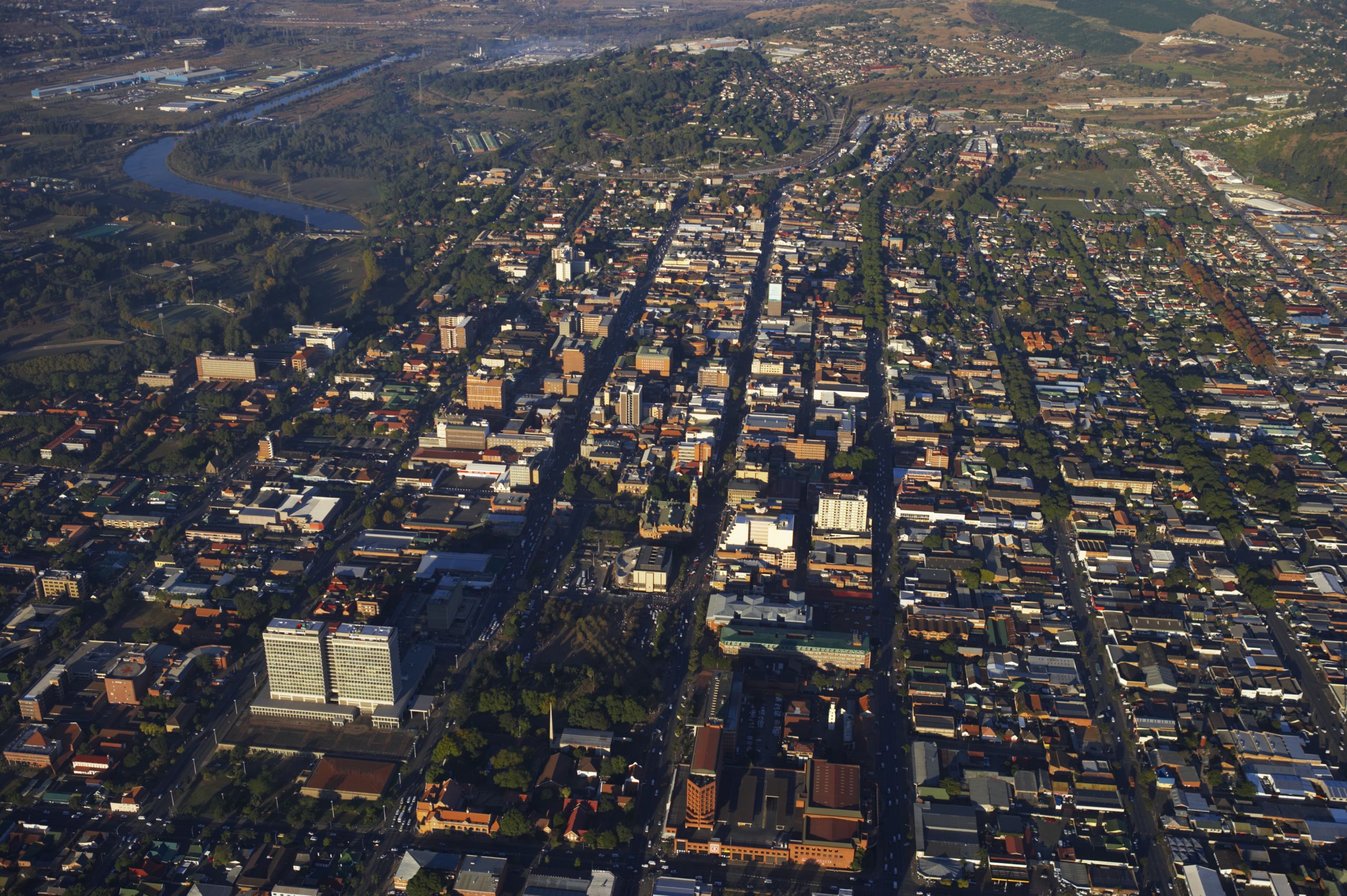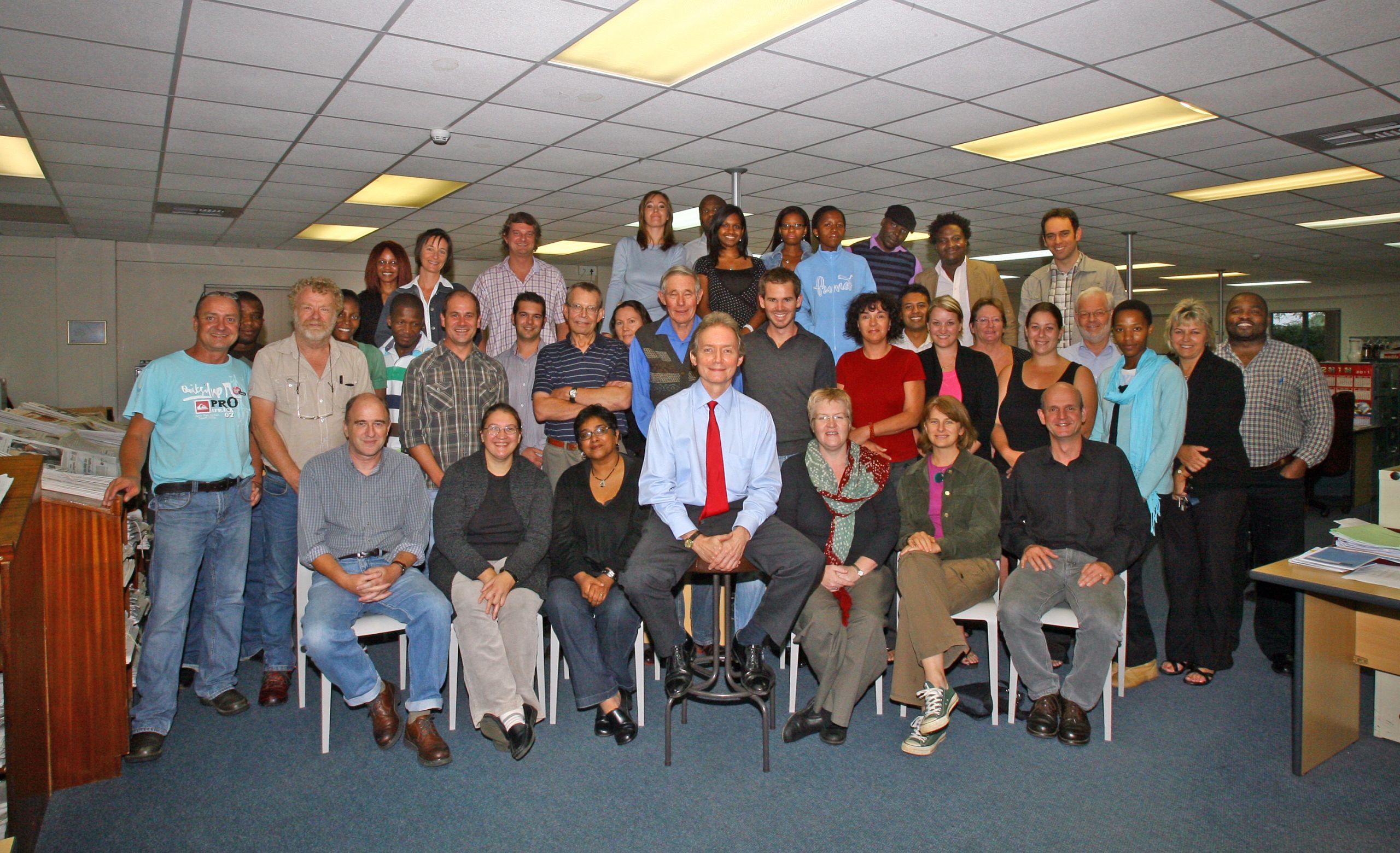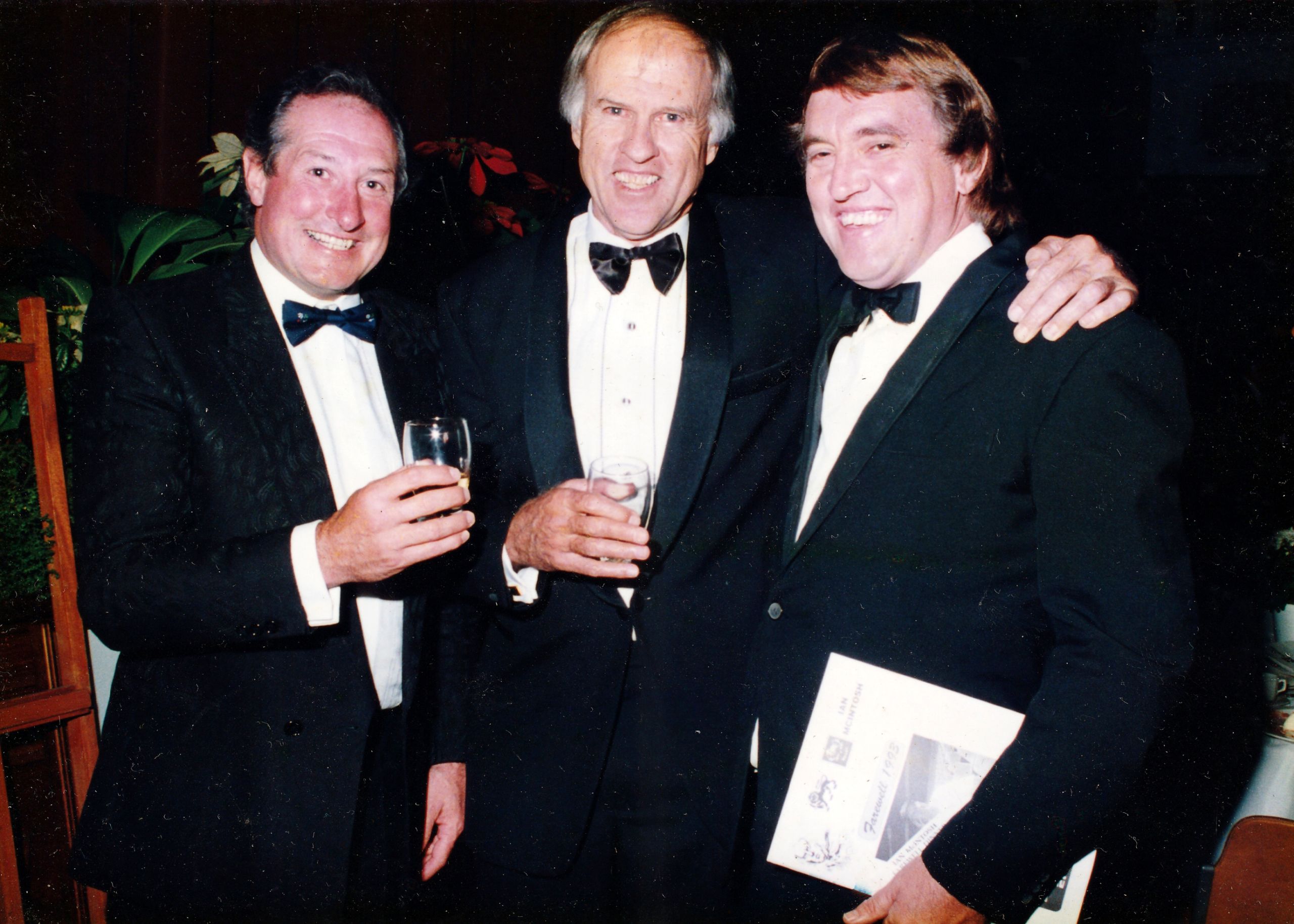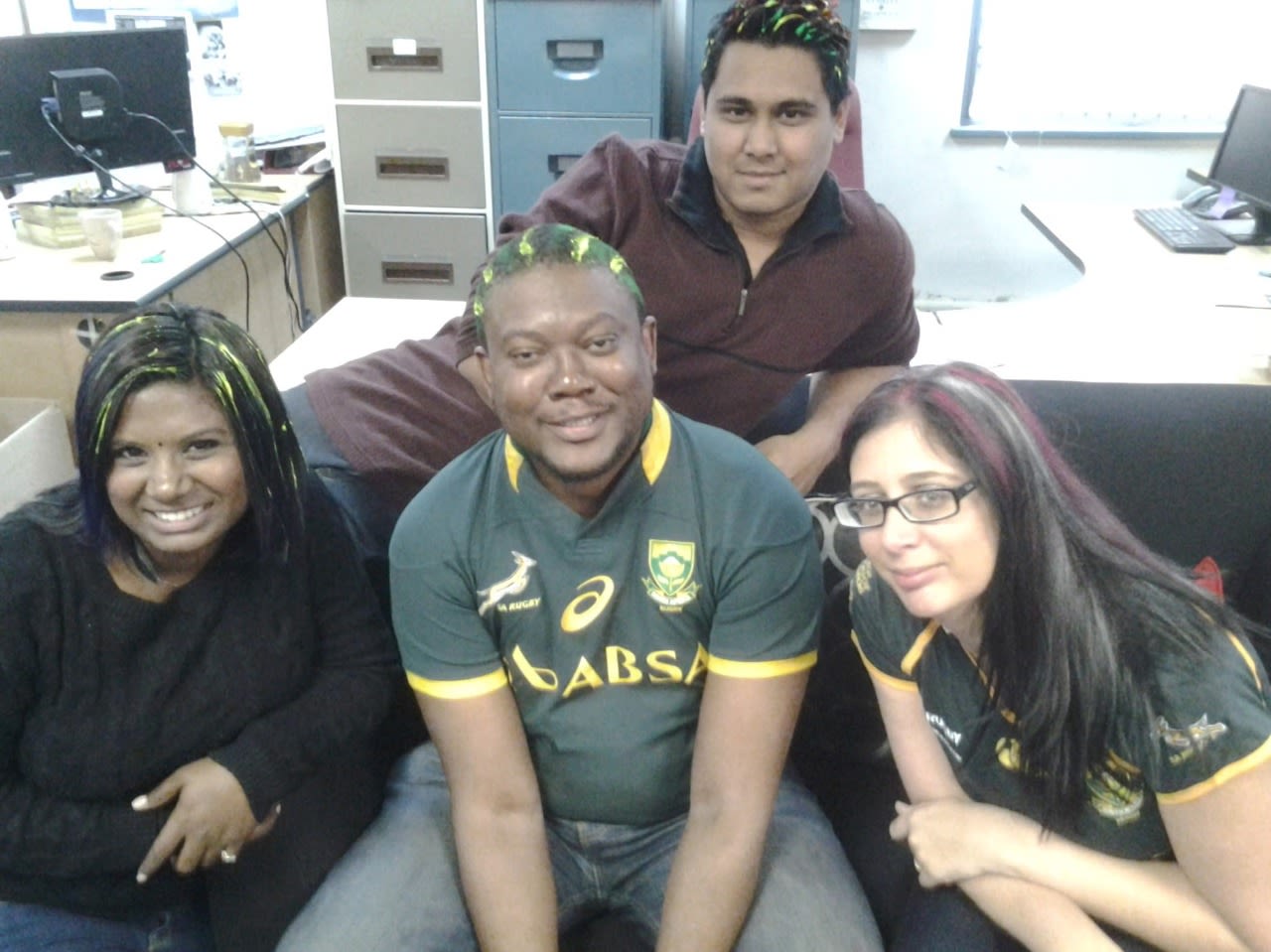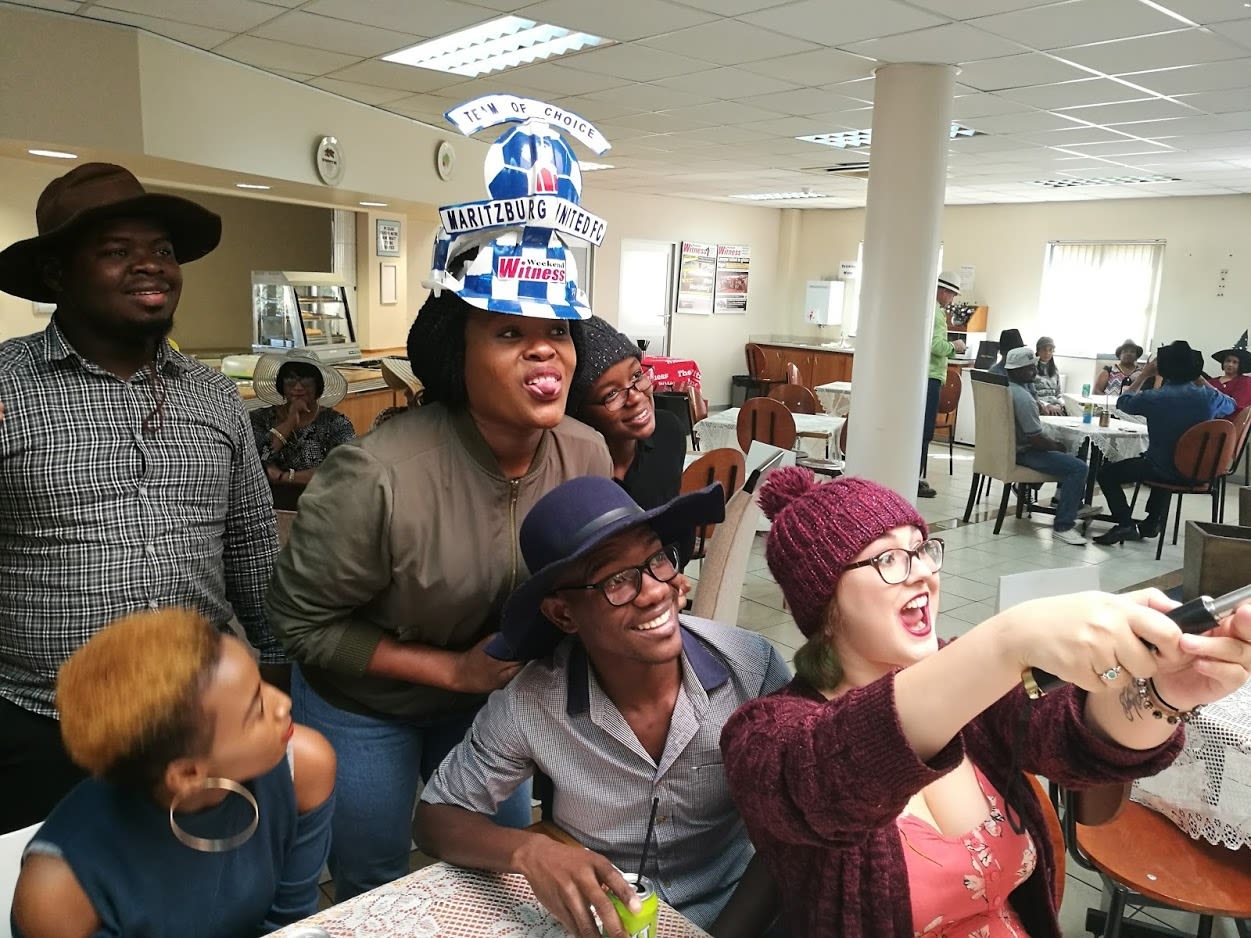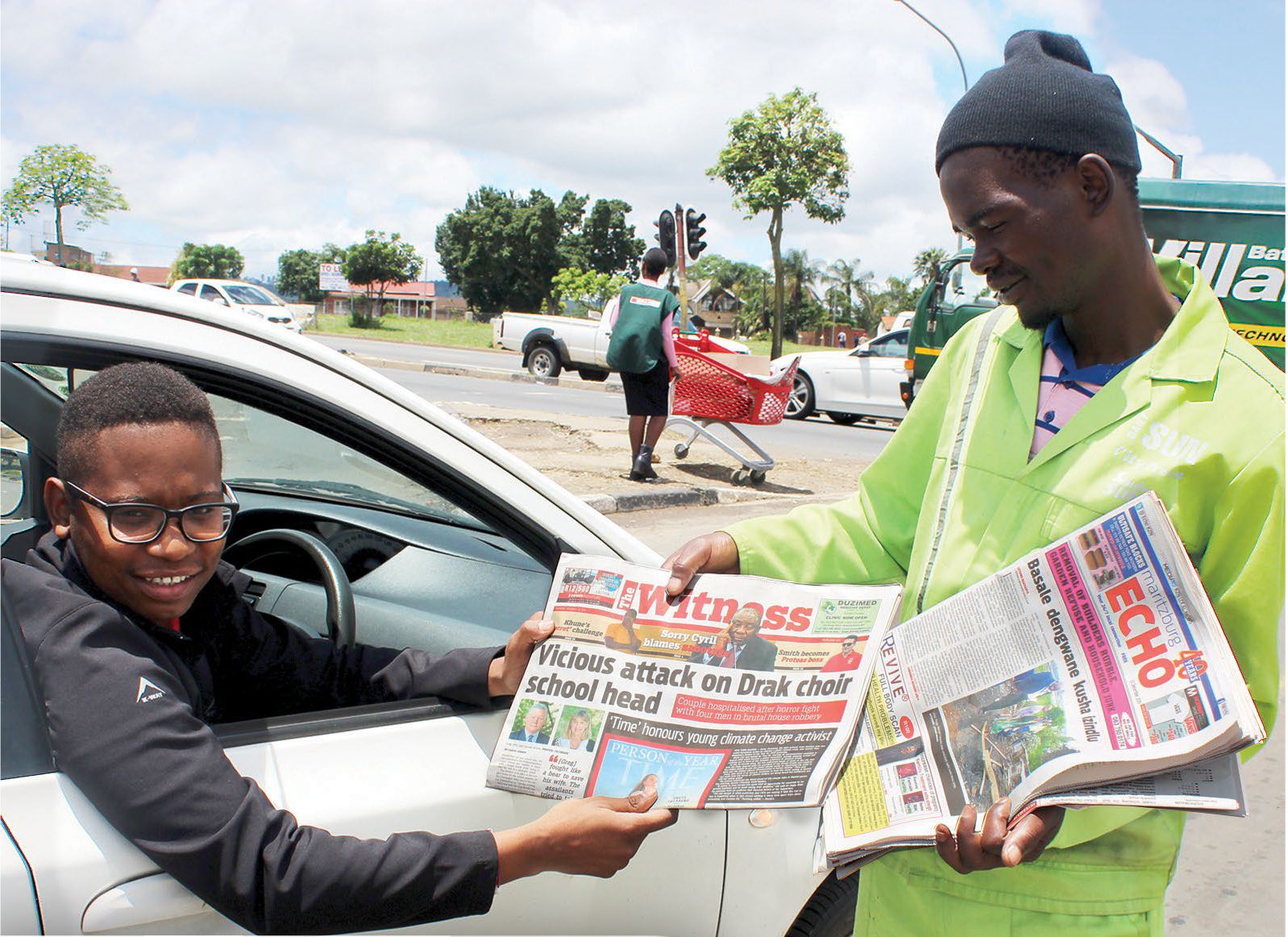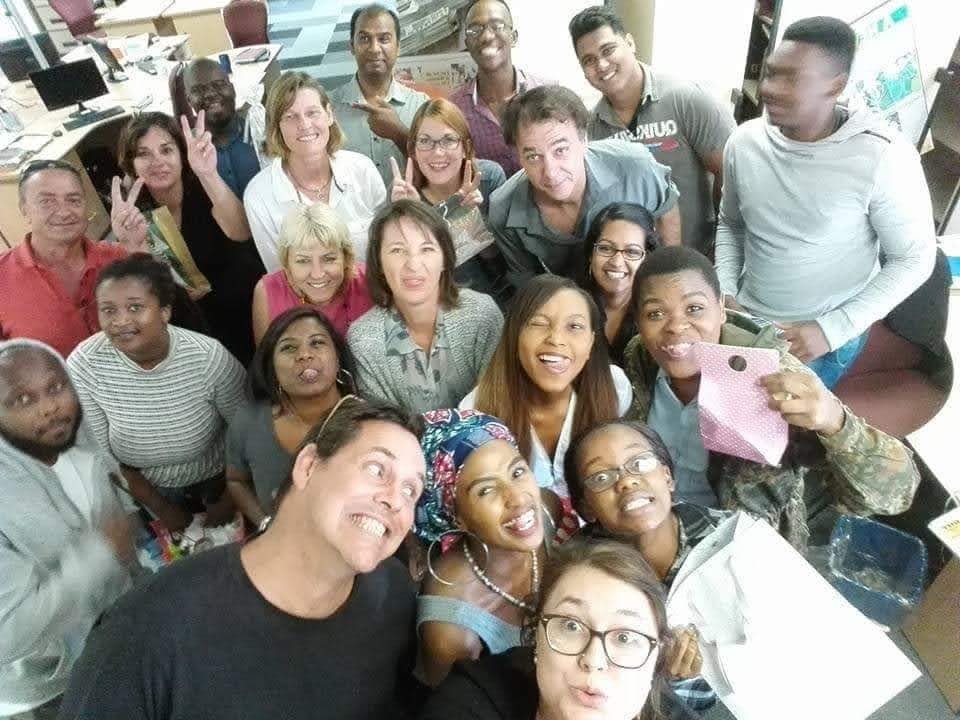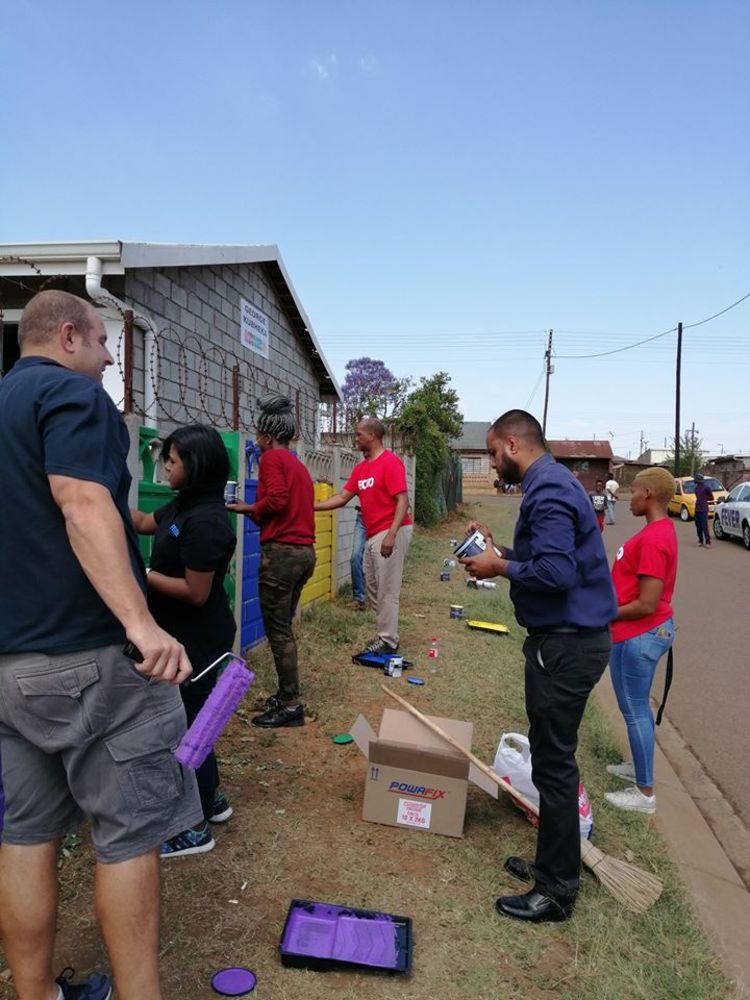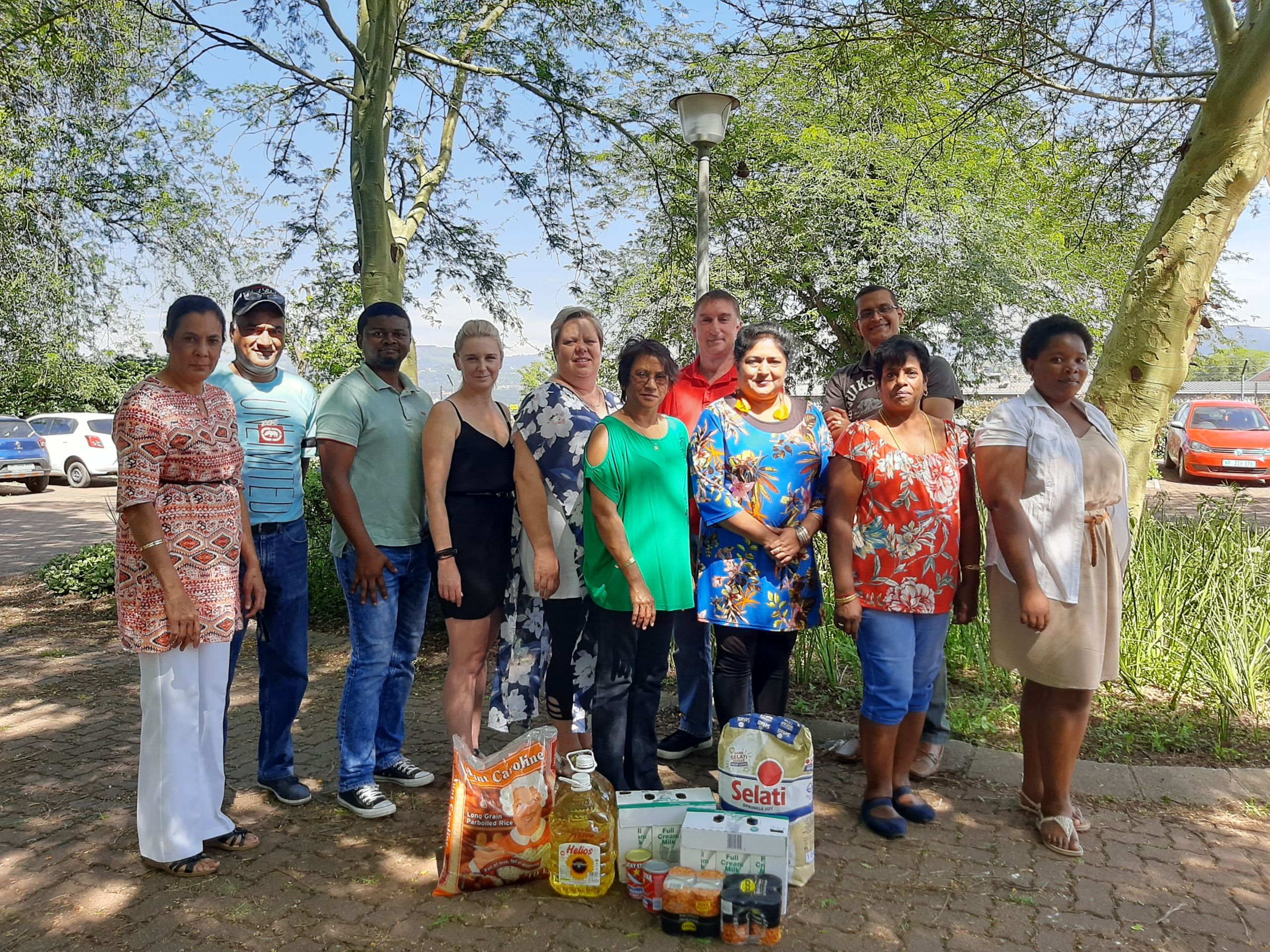
The Witness celebrates 175 years of continuous news publishing
on February 27, 2021, securing its place as the oldest daily
news platform in South Africa.
In the media world, such a milestone is not achieved without clarity of purpose
and a well-developed ability to adapt to a changing ecosystem.
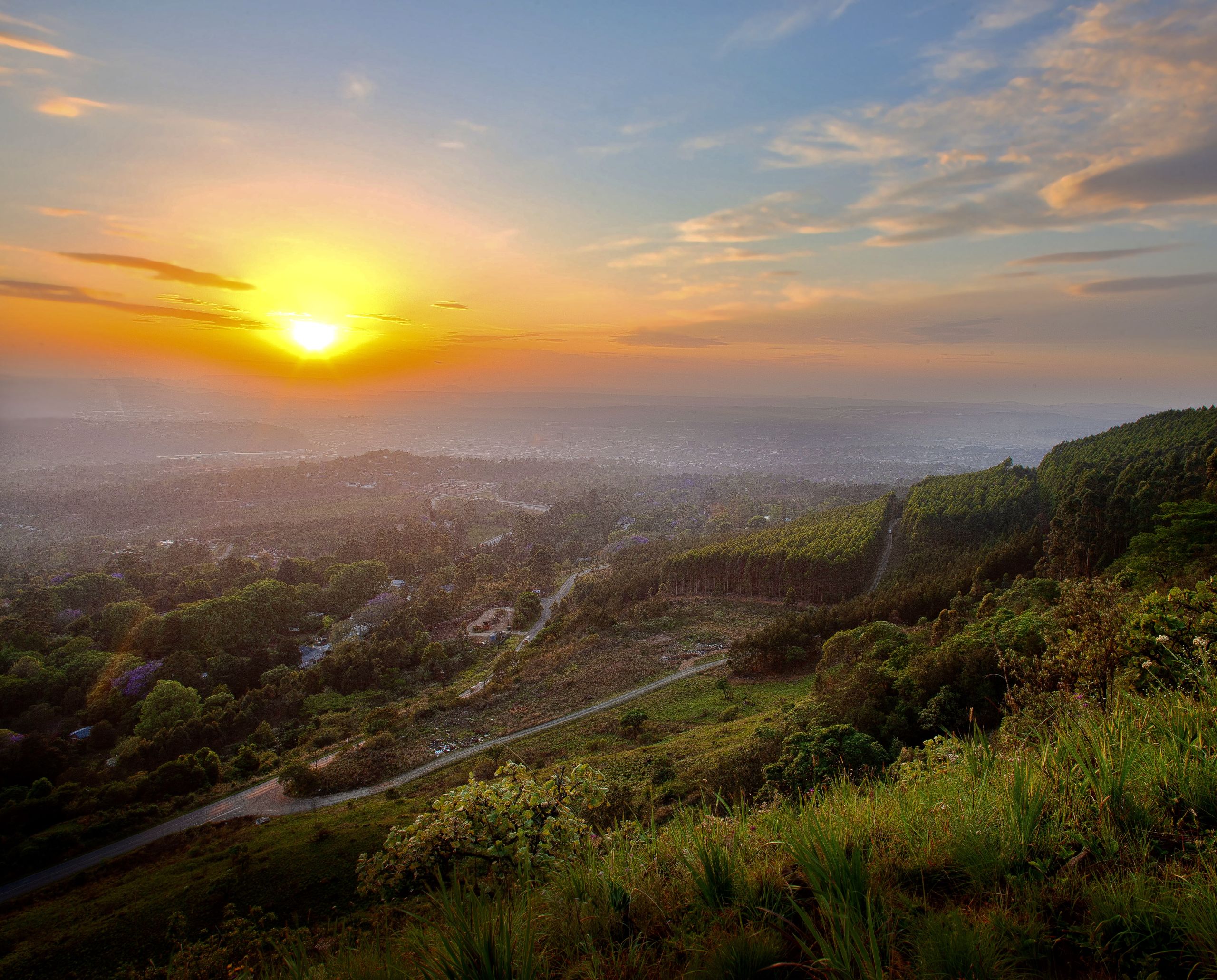
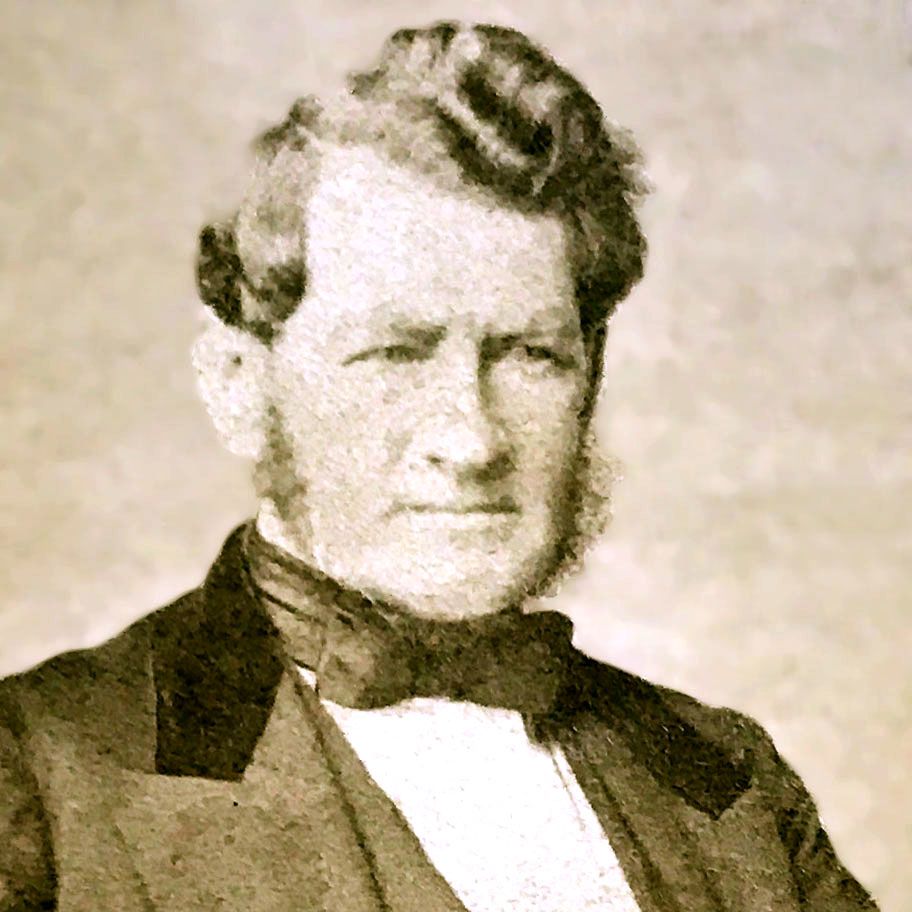
Telling, "the truth, the whole truth and nothing but the truth"
— David Dale Buchanan, editor from 1846 -1872
At the time Pietermaritzburg was not much more than a village and the parochial nature of much of the news emerges in a detailed description of the previous day’s weather, the case of a local fined for “furious riding”, and in an instance where “some evil-disposed person or persons fastened a tin-kettle to the tail of a horse [which] found its way onto the Market Square and about Church and Longmarket streets, galloping in a state of frenzy”
The tiny, ebullient Buchanan claimed that he had suffered imprisonment on three occasions for his outspokenness in the Witness, but only one of these seems to have made it into the public record. It arose out of his stinging criticisms of the administration of justice (for instance in one editorial he claimed that “for several months past the jail has been publicly used as an attorney’s office …) Despite his dramatic claims, he seems only to have spent an hour of two in Pietermaritzburg’s then very insubstantial jail, before having his fine paid by his supporters.
During the course of his editorship, ownership of the paper passed into the hands of P. Davis and Son and the Davis dynasty were to continue as proprietors of the paper right through to 1941, when James Craib – the first of three generations of Craibs to head the paper – took over.
Simon Haw is a historian, author of Bearing Witness
and retired inspector of history in KZN.

Seekers of Truth
— John Conyngham, editor from 1994 -2010
Journalists are sometimes dismissed as intrusive and disreputable, but working with kindred spirits for a better world (a grand claim, certainly) seemed to me a congenial way to earn a living.
In 1994, when I became editor, some of the anger had abated though our democracy was still very raw. For all Nelson Mandela’s inspired leadership, politicians were still at each other’s throats, and newspapers were being vilified for perceived bias of one sort or another.
Yet amidst all the noise were instances of grace. I recall a telephone conversation with Dumisani Makhaye, the MEC and former activist not known for his temperance. The previous day a bus had rolled down the Hela Hela pass near Richmond, with the loss of many lives, and The Witness had covered it extensively. “Thank you,” Makhaye had said, “for showing that the victims’ lives mattered. People like them are so often forgotten.” Could he previously have thought we didn’t care? I asked myself. It was cause for reflection.
Nowadays the city is no longer lovely and the railways are hardly a source of pride. But there’s still The Witness, reporting the facts, holding people to account. Among the Witness editorial staff over the years I remember many remarkable people, mavericks and idealists, even if they didn’t realise it themselves, all in their ways seekers of the truth. Without men and women like them, no society would be civilised. Who would protect the weak from the bullies? Or insist on the corrupt being tracked down?
When I stepped down in 2010, our democracy was maturing, although the country’s infrastructure was already creaking and corruption was rife. That we are now so aware of this is thanks to whistleblowers and journalists. Without them, there would be no Zondo Commission. Today, print publications are on the ropes, pummelled by digital news. But how reliable are gobbets from cyberspace? Readers need to be discerning. And with belts tightening, money managers will be staring coldly into newsrooms, demanding higher profits. I wish The Witness well.
John Conyngham was editor of The Witness from 1994 to 2010.
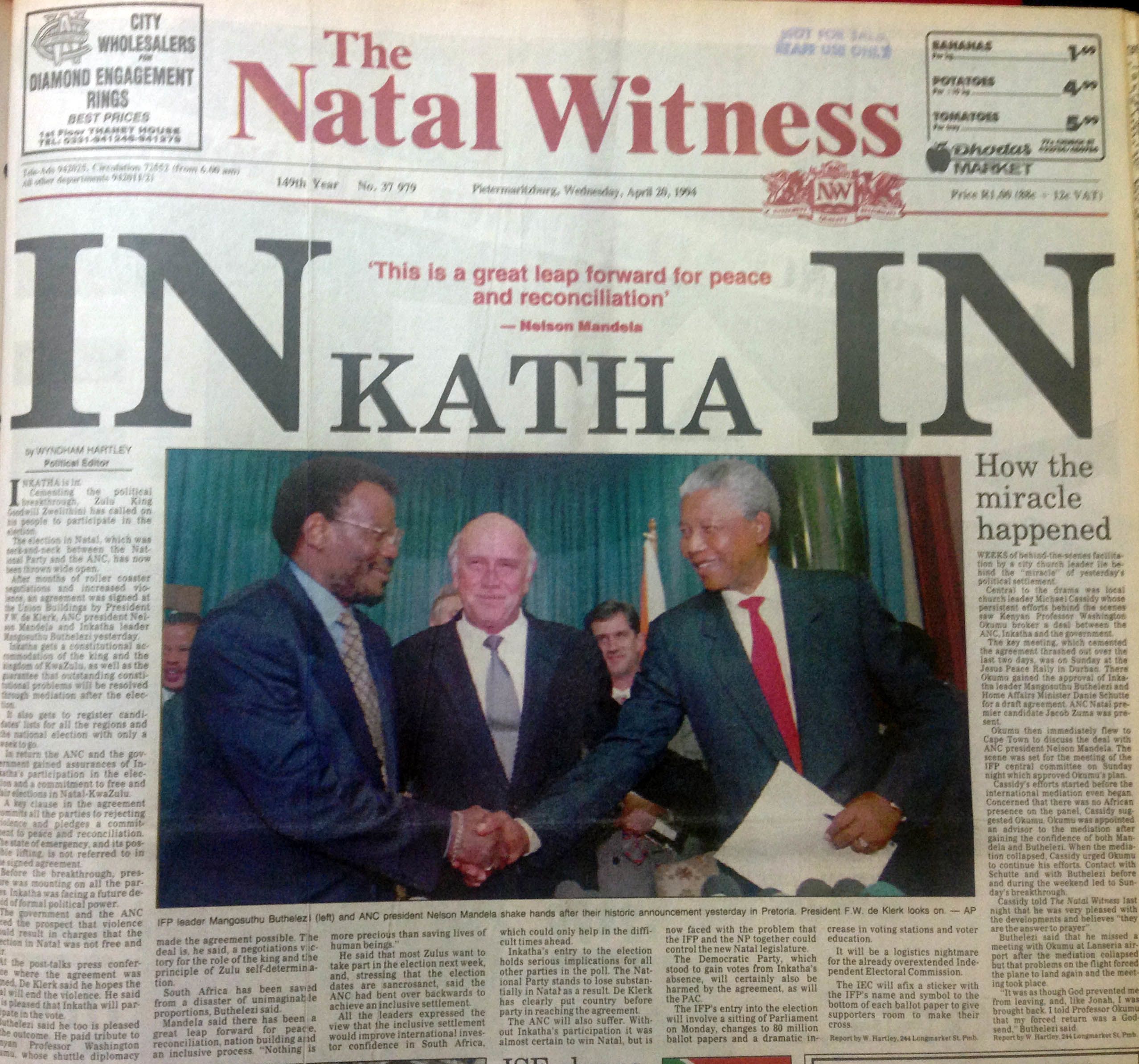
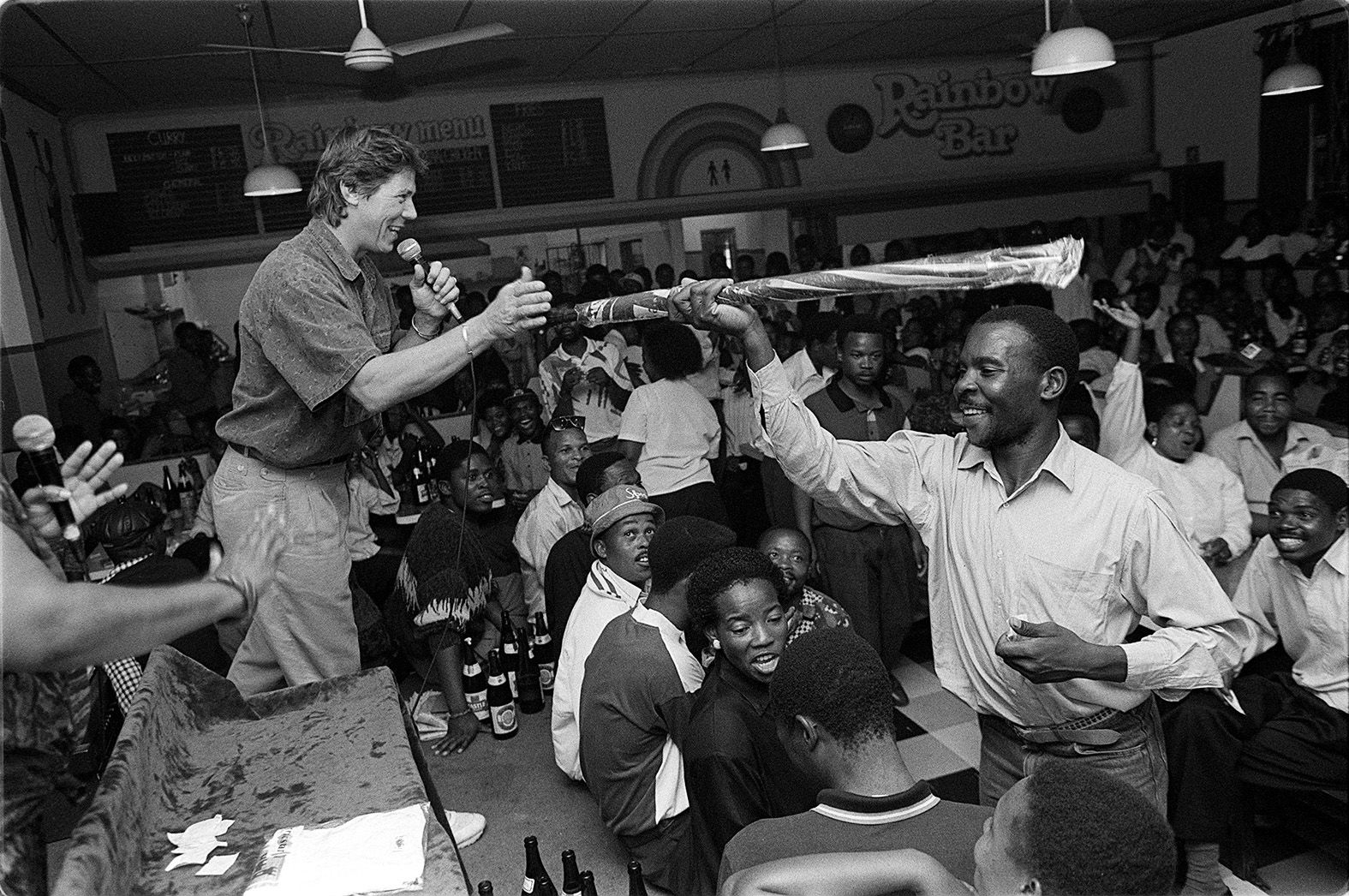
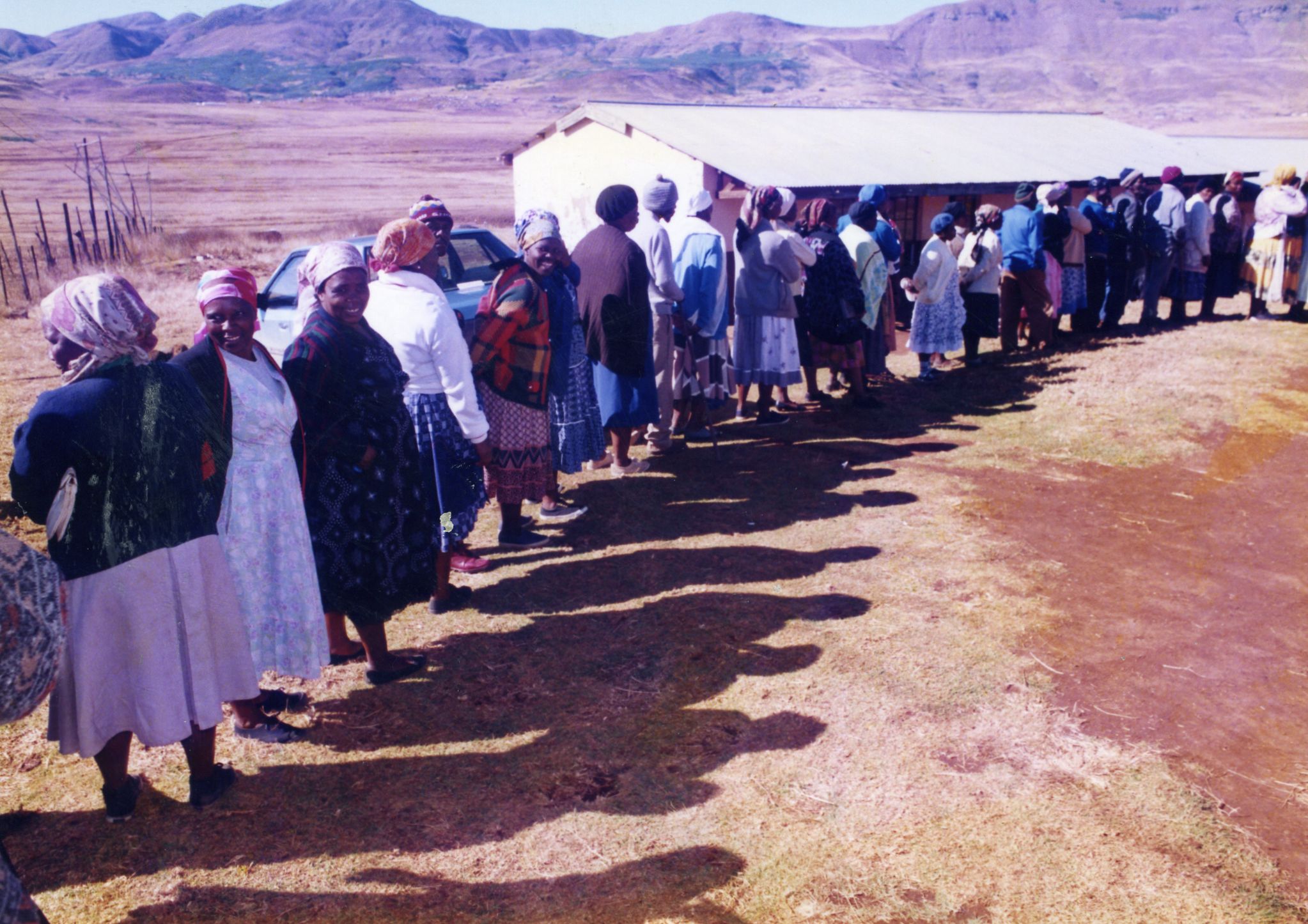
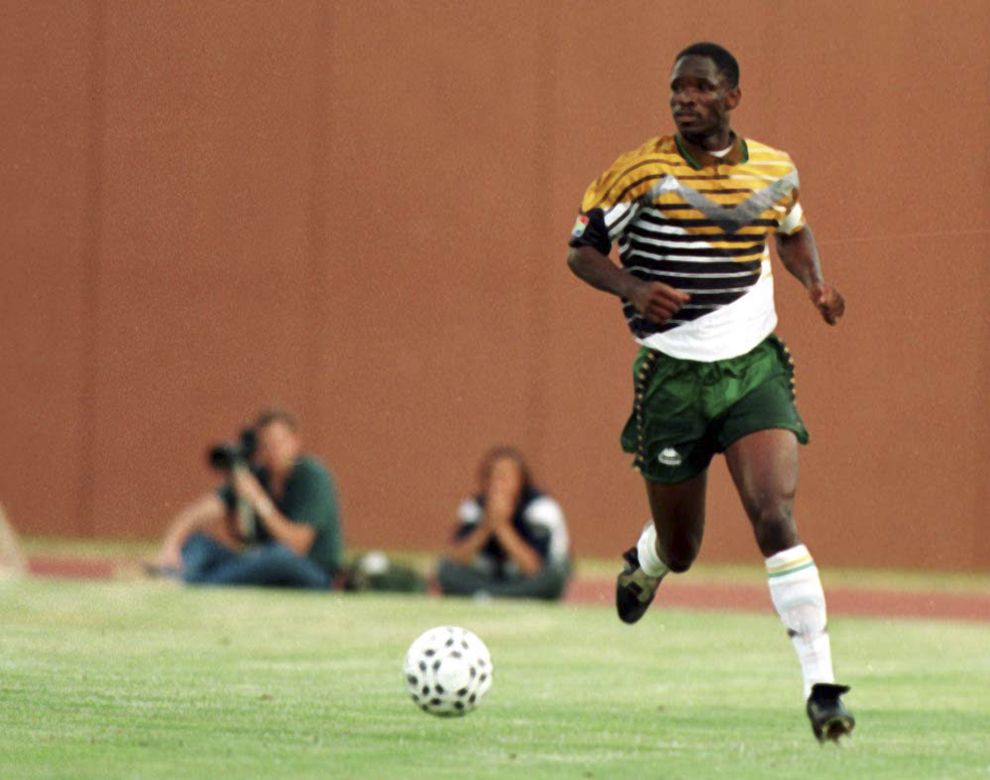
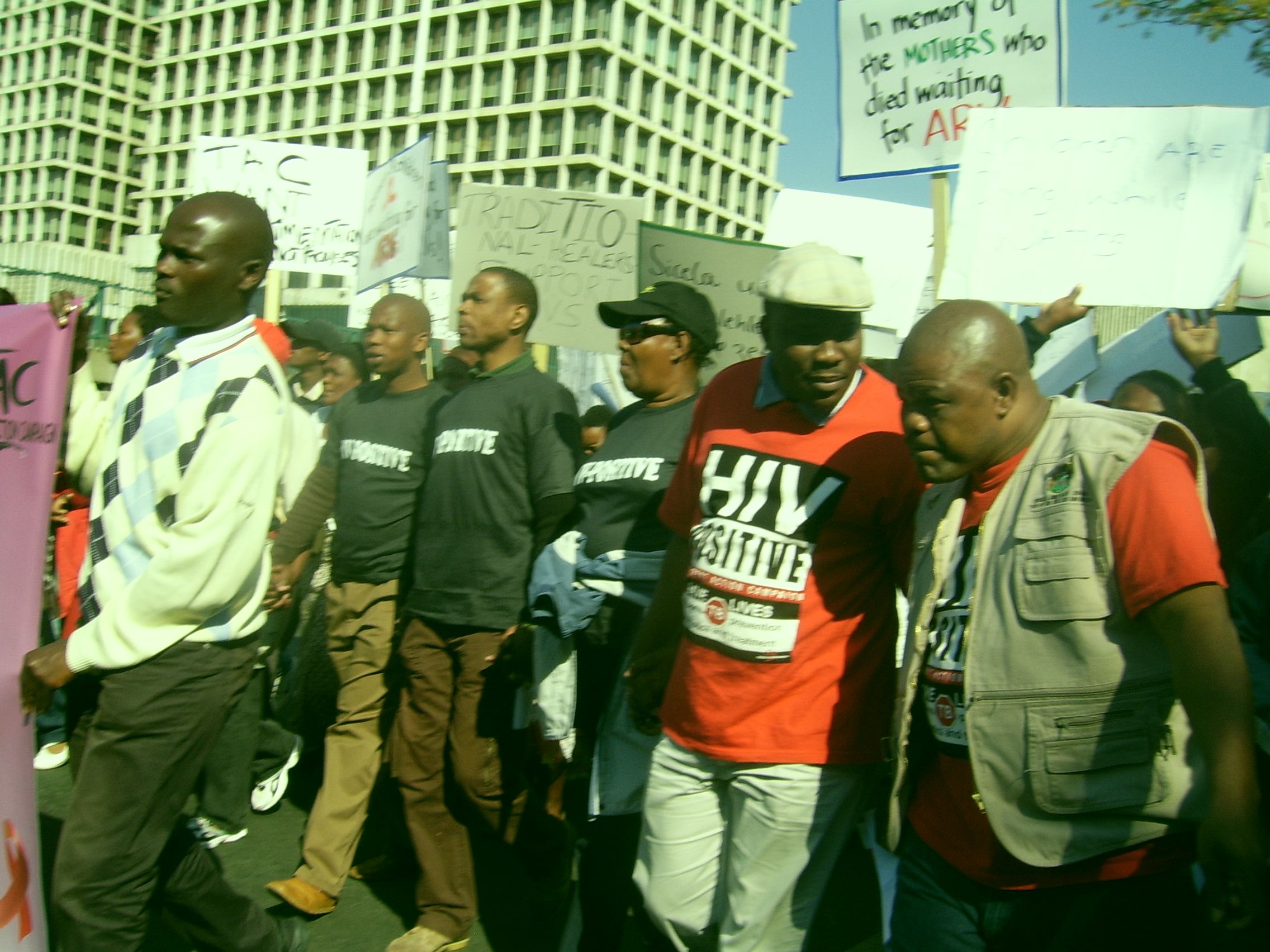
Into the future with us
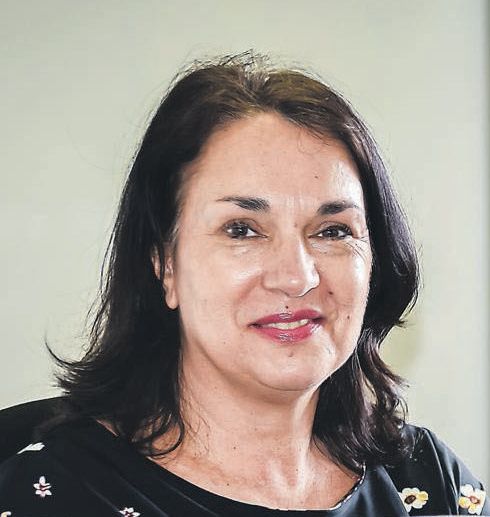
— Stephanie Saville
We unashamedly say we’re the best on our beat and we want to see our publication not only survive to reach a double century, but flourish. Please join us on the next leg of our journey as we continue documenting the
history of KwaZulu-Natal. It’s going to be fascinating to navigate the province’s politics, witness the fight against the pandemic and continue to reflect the experiences of you, our precious readers.
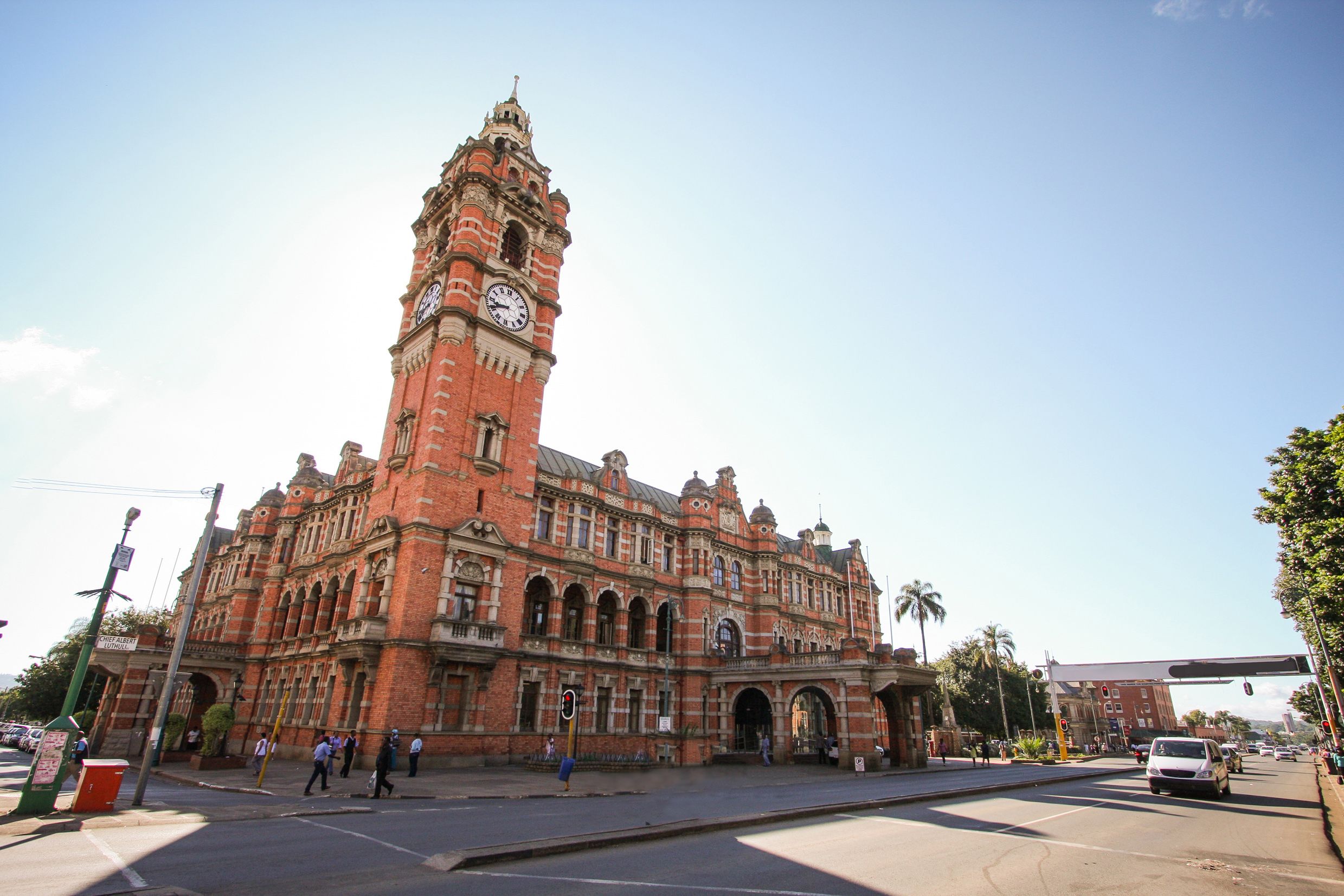
Nalini Naidoo
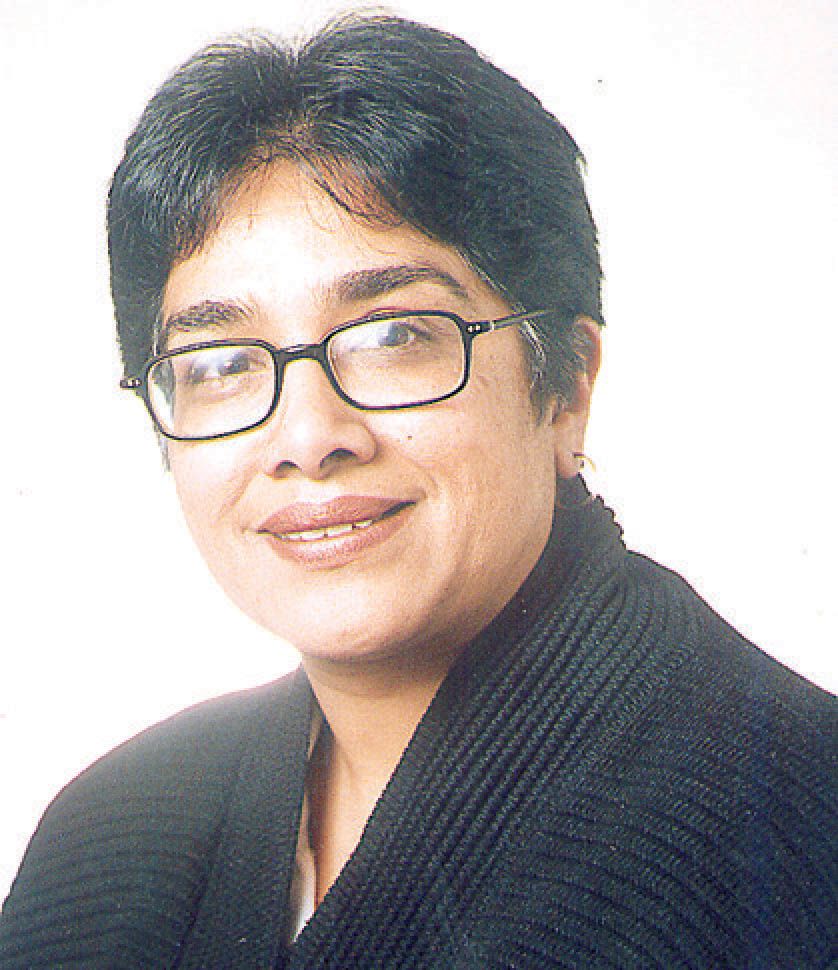
Looking back, The Natal Witness, was as an oasis of non-racism at a time when apartheid was being consolidated and entrenched. There was an ethos of tolerance and respect for each other, no matter your rank or race.
Thinking back on the colleagues who joined the staff at the time, I would add that Steyn was bold enough to employ mavericks — unorthodox and independent thinkers — who brought flair and a creative energy to the newsroom. Many were unafraid to go against the conventions of the day and that included apartheid restrictions.
Nalini Naidoo returned to work at the Witness in 1999,
became an assistant editor and left in 2015.
Lakela Kaunda
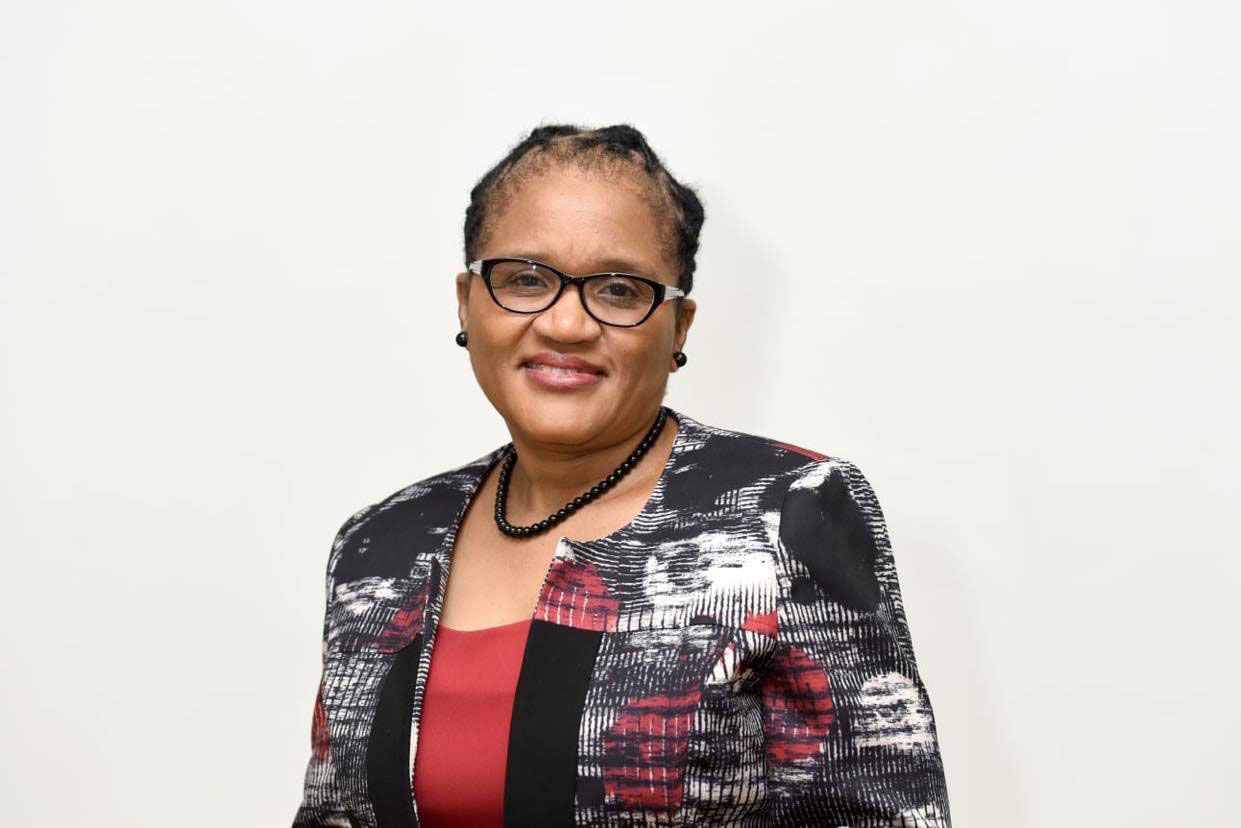
Visitors to the Witness and Echo went through the late baba George Mkhize, an amiable security officer-cum-receptionist. The elderly baba George also became a confidante and counsellor to many reporters. He nicknamed me “Zulu mottoes Uswidi Obhaliwe” and would shout this phrase as I walked up the stairs, based on colourful sweets with Zulu inscriptions that were popular at the time! The journalists of the 80s and early 90s had a pretty rough ride having to contend with the violent conflict and apartheid media censorship. However, we did our best and are honoured to have contributed in some small way to telling the South African story.Congratulations to the Witness for the staying power!
Lakela Kaunda started as a reporter for Echo in 1986,
moved to The Witness and left as an assistant editor in 1995.
Bhekisisa Mncube
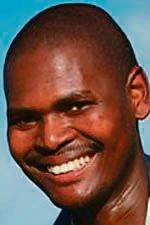
It all began with a single call to my cellphone after 5 pm. A hoarse male voice said to me: “Come to Durban now. You won’t regret it. Oh, tell your editor to prepare for a new front page. It’s about tomorrow’s Zulu imbizo.” By the time I arrived in Durban, down by the beach, it was dark.
I walked towards the Maharani Hotel while guided by someone on my cellphone. To my surprise, someone bumped into me “accidentally”, then apologised and handed me the proverbial “brown envelope”. I rushed to the nearest hotel and opened the envelope. I called Yves at once, I said we have a scoop, “stop the presses”.
Bhekisisa Mncube started at Echo in 2001, moved to the Mirror in 2002 and The Witness later in 2002, leaving before the end of the year.
He returned in 2004 and left again in 2005.
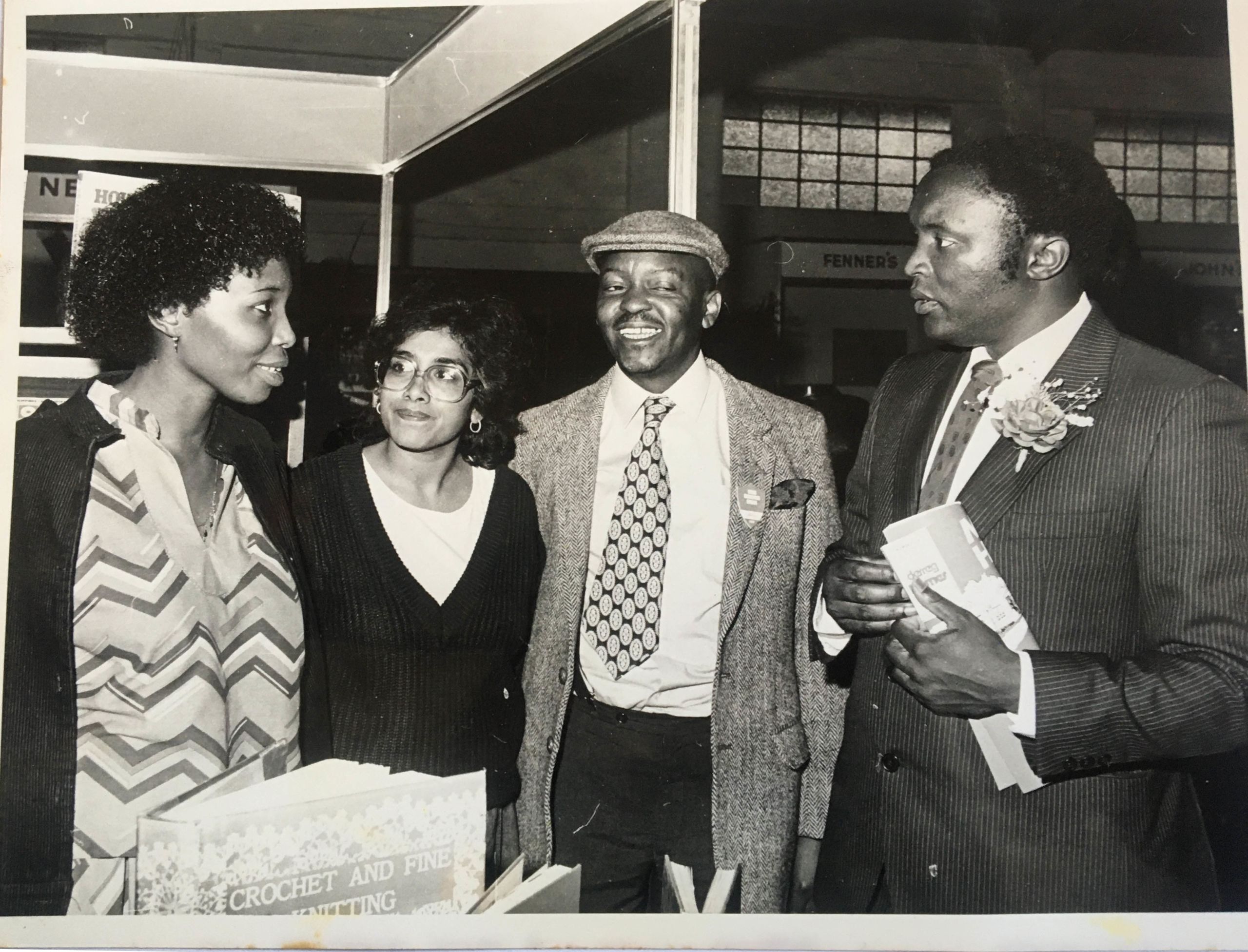
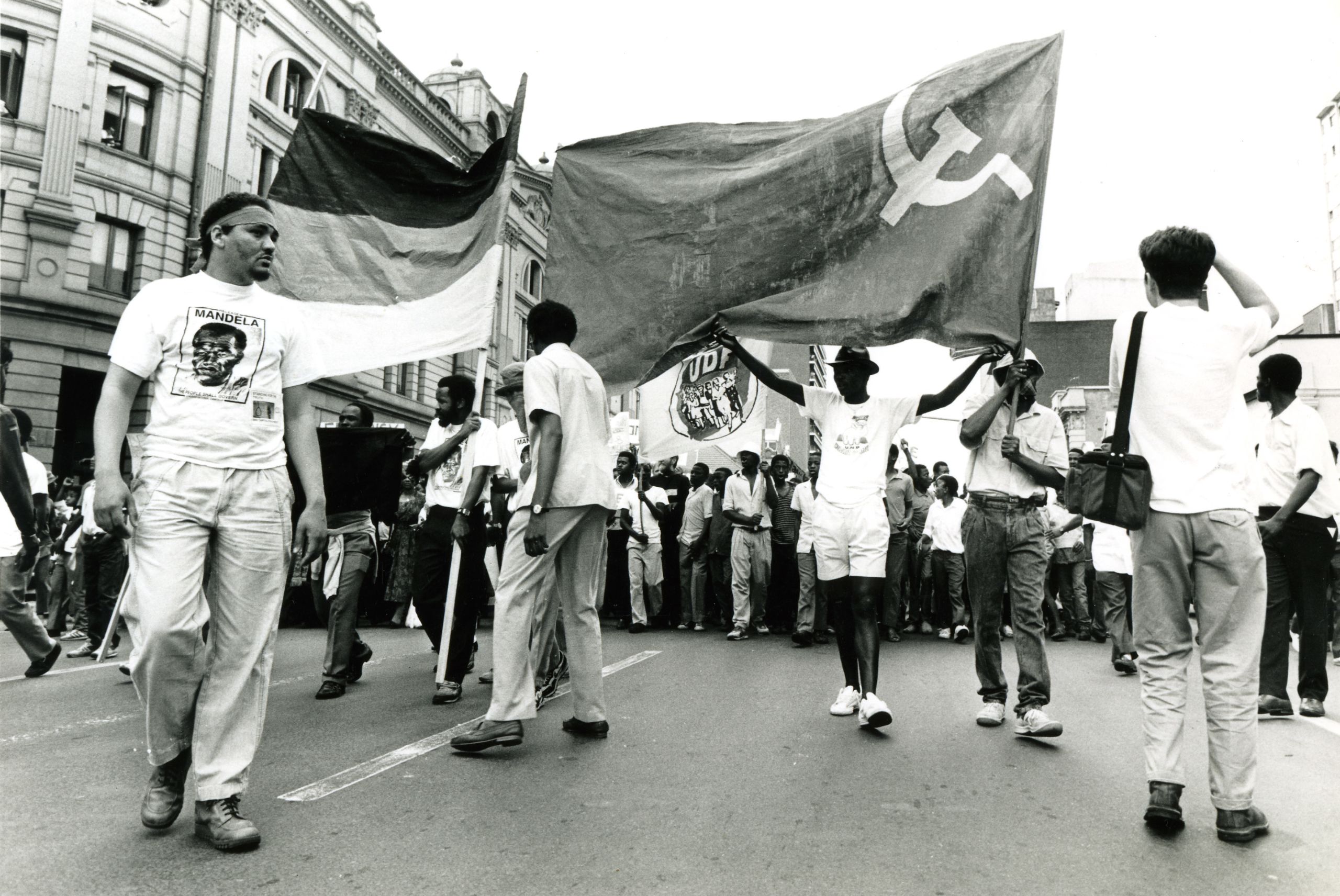
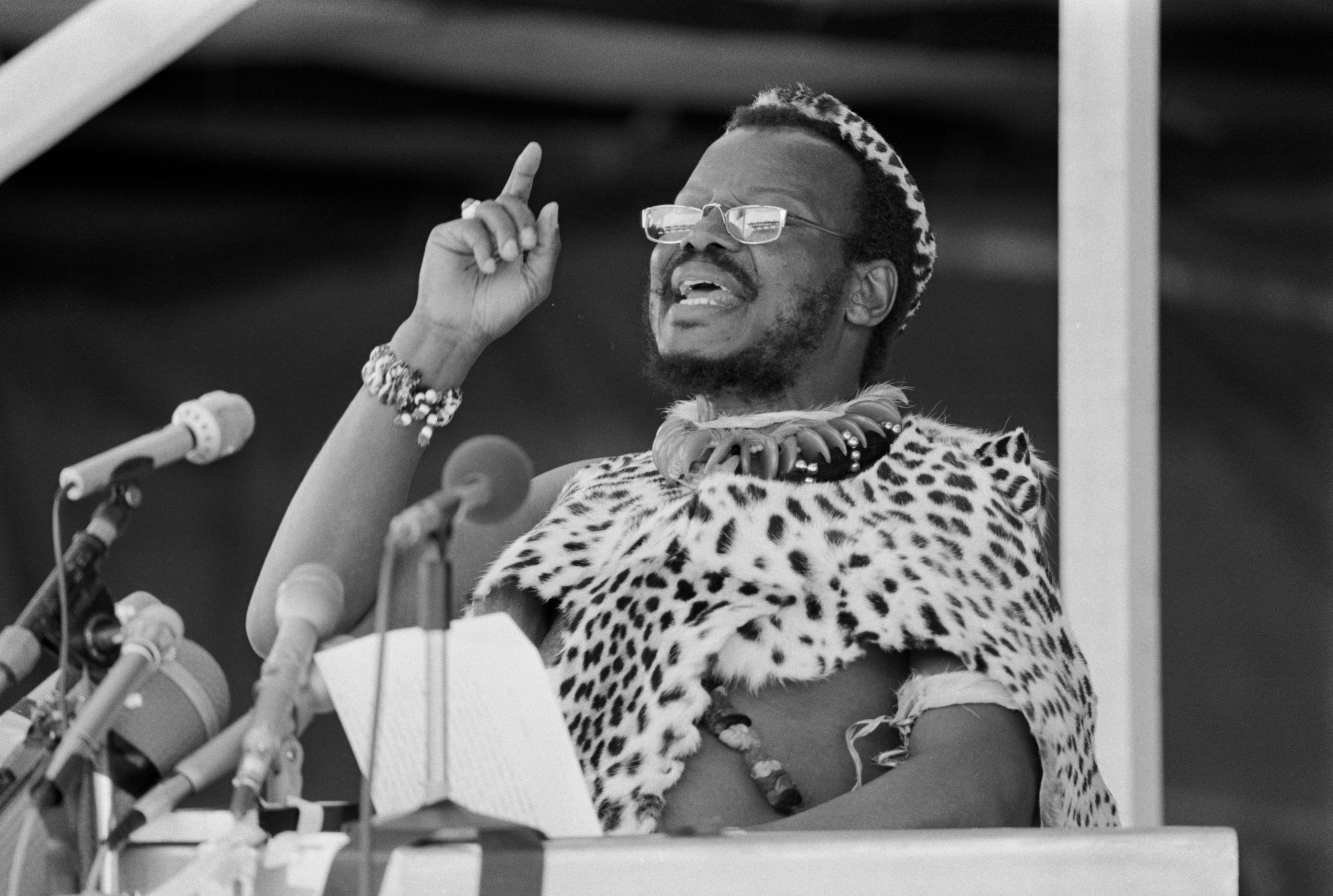
It's been a ride
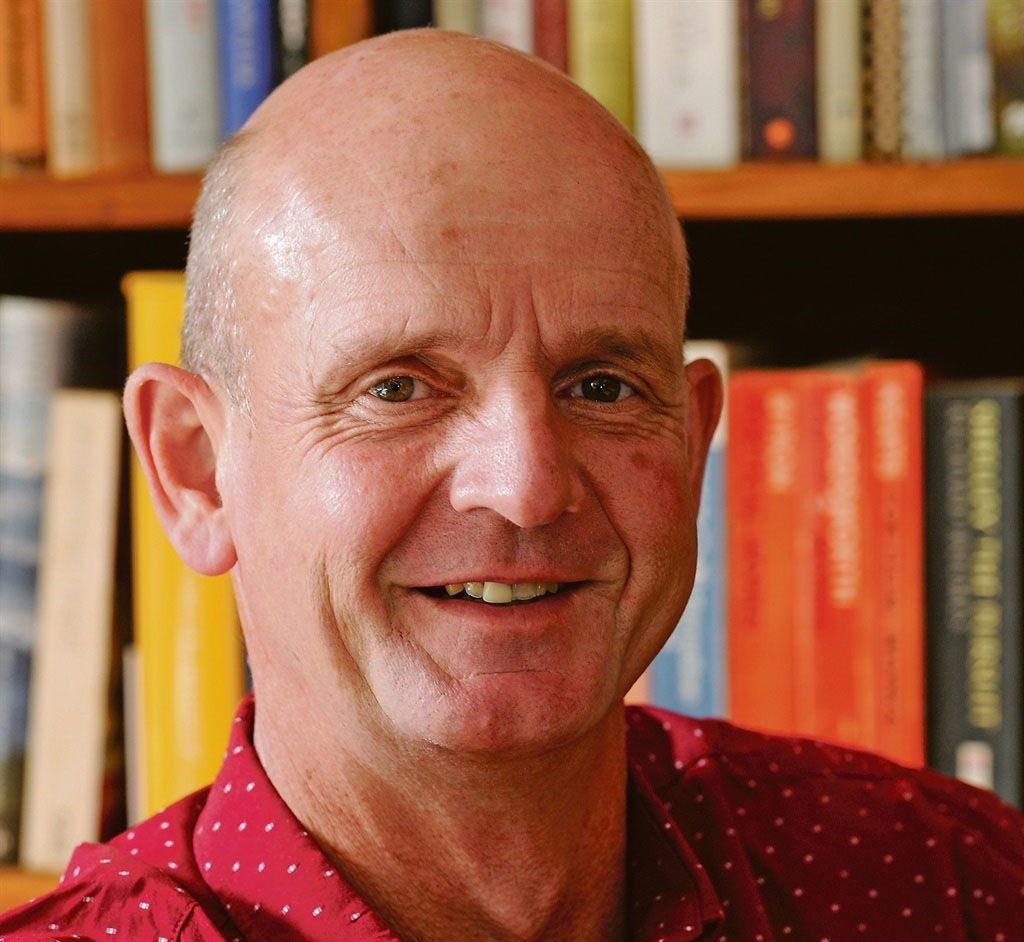
— Yves Vanderhaeghen
Journalism was a perfect job to drift into for someone who had no idea what use an English degree was, but even more so as an avenue for a heady idealism that had had free rein in student activism. Looking back, I’m not sure how much of it all was ideological and how much just a youthful desire to stick it to authorities. As I now take my bow, I wish my colleagues good luck, and to you, the readers to whom we have owed our existence, I say “Thank You”. It’s been a great ride.
